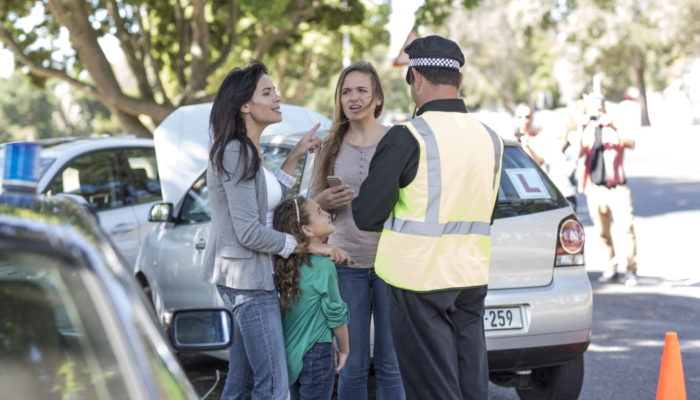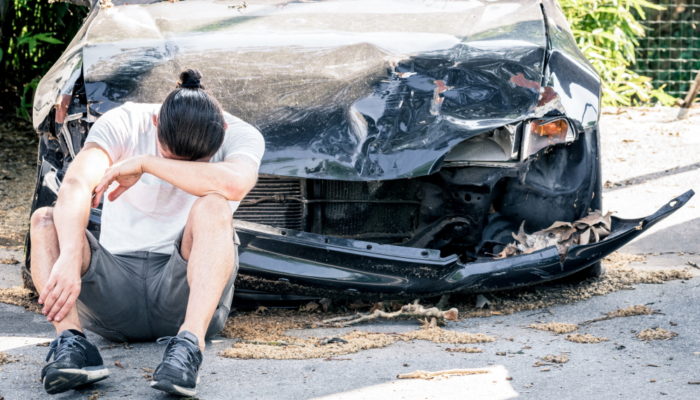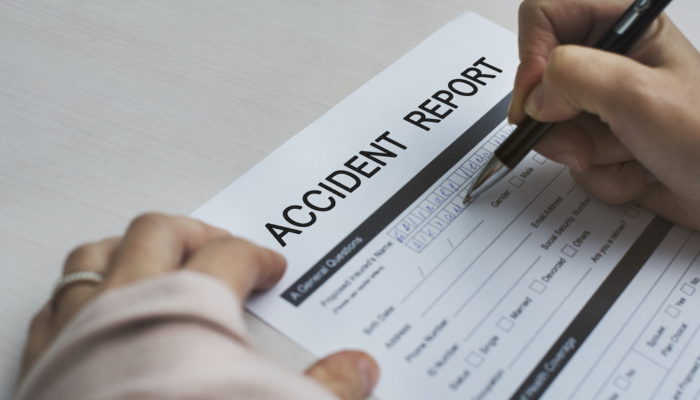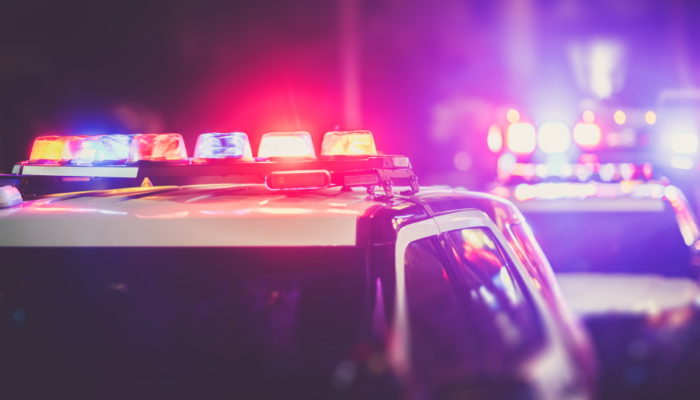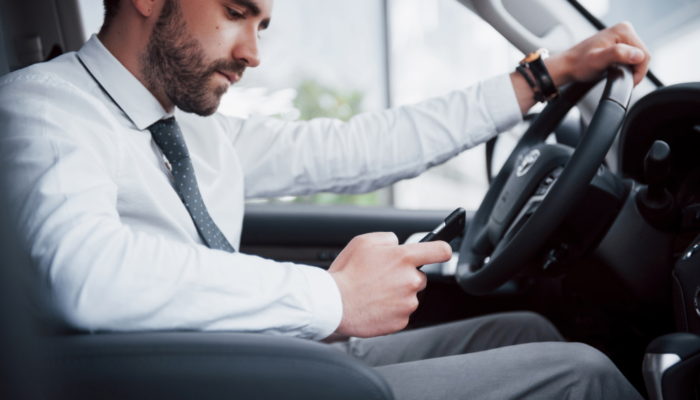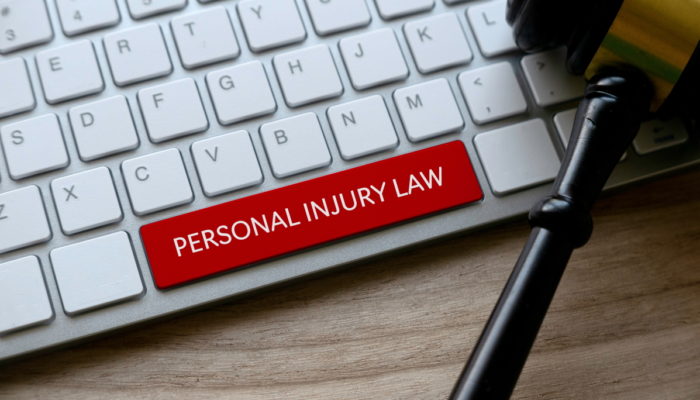The following steps are important if you are involved in an accident which causes injury in the state of Florida.
An injured party should first seek medical treatment even prior to contacting a lawyer.
Even if a person does not believe, at first, that they are seriously injured, one should visit the ER Dept. of a hospital, Urgent Care, or a clinic to make sure they are well. Seeking medical attention has another advantage. When injuries are timely recorded, then said documentation can be used in and to substantiate a personal injury claim or lawsuit.
One should gather sufficient information to make a claim or sue the correct driver or negligent party or at fault party in a motor vehicle or other type of accident. Needed information includes but is not limited to name and contact information of the other responsible party (driver, owner, etc.) as well as the car’s make and model, license plate number, etc., check the intersection or nearby businesses with security cameras. One should find out if there are any Witnesses and get their names and contact data.
Thereafter, file a Police Report. Even if an involved party does not have all the necessary information, the police can often use their expertise to track down the driver, owner, etc.
Keep Records of any expenses resulting from the accident, such as property damages, rental bills, medical services rendered and reports of any injuries or a medical diagnosis, and insurance.
Finally, contact a trusted or recommended and experienced Florida Personal Injury Attorney. Get at least a consultation with a local Personal Injury Attorney regarding the details of one’s case. The Attorney and legal staff will evaluate the case and help determine whether there is negligence on the part of the other party involved; the extent, severity, and cost of injuries sustained based on medical reports or records; and consider legal options in seeking compensation for the injuries and damages incurred from the subject accident
.
A party to an accident should ask their lawyer any questions about their case both initially and throughout its progression.
If one has suffered injury or illness related to their personal injury claim, they should keep all medical appointments and follow-ups. If an injured party cancels or misses appointments, the responsible party’s adjuster or lawyer can use it against them, claiming the injuries are not as severe as claimed or one is not doing all they able to properly recover. One should tell their physician about any symptoms and follow all medical advice related to their personal injury claim.
As far as things not to do, they include but are not limited to limiting discussions regarding their case to their own Lawyer, who is their advocate and guide. Discussions with insurance adjusters, defense attorneys, and other outside parties may compromise the personal injury case.
Avoid posting online information regarding the subject case on social media, particularly when the case is still pending, since any information posted to social media such as Instagram, Facebook, Twitter, and elsewhere can be used out of context by the liable party’s defense counsel and insurance adjusters to minimize the legal claim or even damage the case.
Following an accident, one will customarily be questioned or interviewed by an insurance representative or investigator regarding the incident. In many cases, those interviews, statements, or conversations will be recorded, making it important that the injured party only provide the basics, i.e., name, address, date and time of accident and injury and share the rest of the details with their attorney.
If an individual is an accident victim who was injured in Florida, or has questions on their personal injury case, please contact one of the experienced attorneys at the law firm of CASERTA & SPIRITI.

